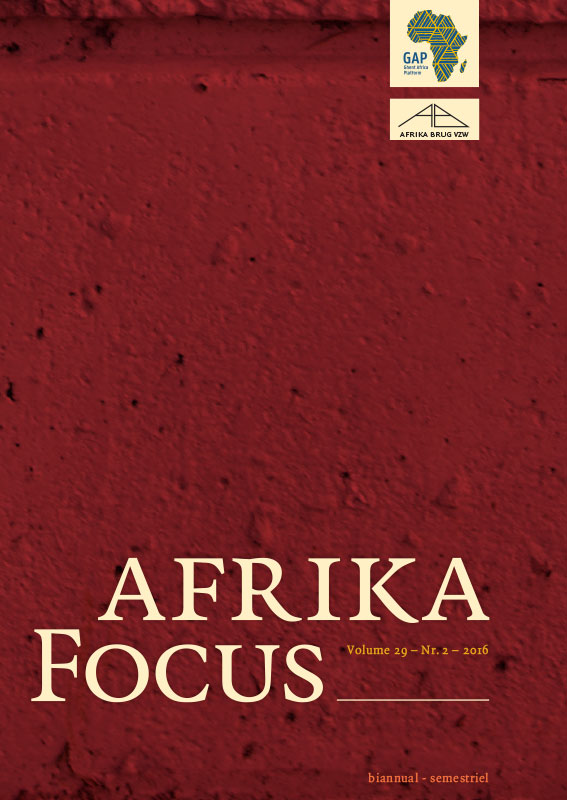Qualitative research as theater: fieldwork in a South African township through the prism of Goffman’s dramaturgical metaphor
DOI:
https://doi.org/10.21825/af.v29i2.4846Abstract
This autoethnographic paper reflects on the qualitative fieldwork I conducted in a township on the outskirts of Cape Town, South Africa. By exploring how a metaphor can assist in autoethnographic reflection, I aim to gain insight into how data can best be collected in deprived informal settlements characterized by high crime rates. This autoethnographic paper draws on the autobiographical materials of the researcher as primary data. This self-reflexive route, which relied on Erving Goffman’s dramaturgical metaphor, helped me to process my various fieldwork experiences in a more systematic manner. Attempting to reconcile my ‘work’ role – a professional, reliable and con dential advisor – with my ‘non-work’ role – my supposed real self – involved emotion management and the tools of the stage outlined by Goffman in order that the fieldwork could be conducted in an atmosphere of trust while maintaining a professional distance. Key words: autoethnography, metaphor, role, social interaction, Erving Goffman, participant observation, in-depth interview, South AfricaDownloads
Published
How to Cite
Issue
Section
License
Authors who publish with this journal agree to the following terms
Authors retain copyright and grant the journal right of first publication with the work simultaneously licensed under a Creative Commons Attribution License that allows others to share the work with an acknowledgement of the work's authorship and initial publication in this journal.
Authors are able to enter into separate, additional contractual arrangements for the non-exclusive distribution of the journal's published version of the work (e.g., post it to an institutional repository or publish it in a book), with an acknowledgement of its initial publication in this journal.
Authors are permitted and encouraged to post their work online (e.g., in institutional repositories or on their website) prior to and during the submission process, as it can lead to productive exchanges, as well as earlier and greater citation of published work (See The Effect of Open Access).


